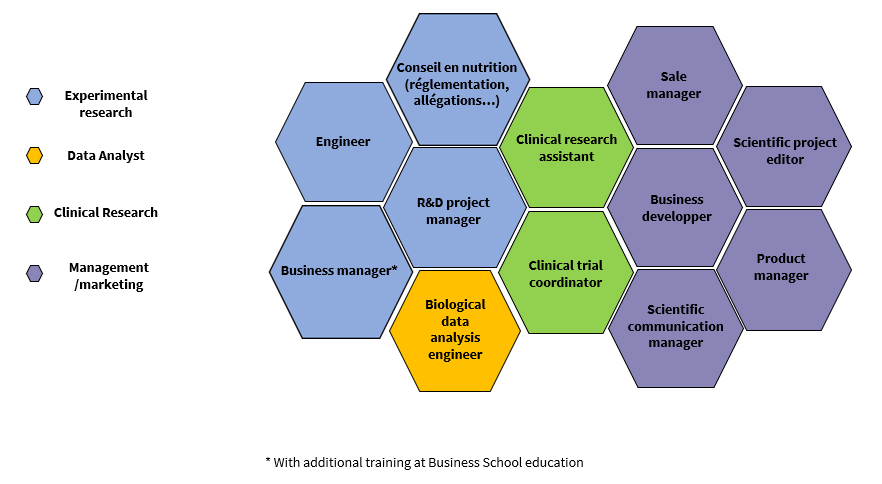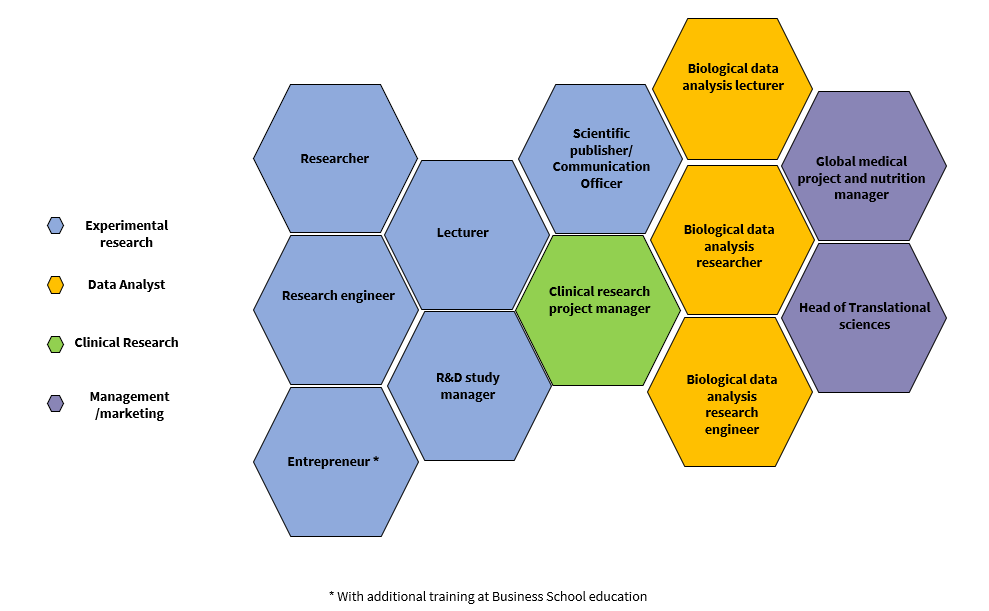General information
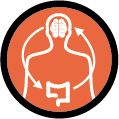
as a Graduate Programme
- Place: Nantes
- Langue: French
- Tuition fees
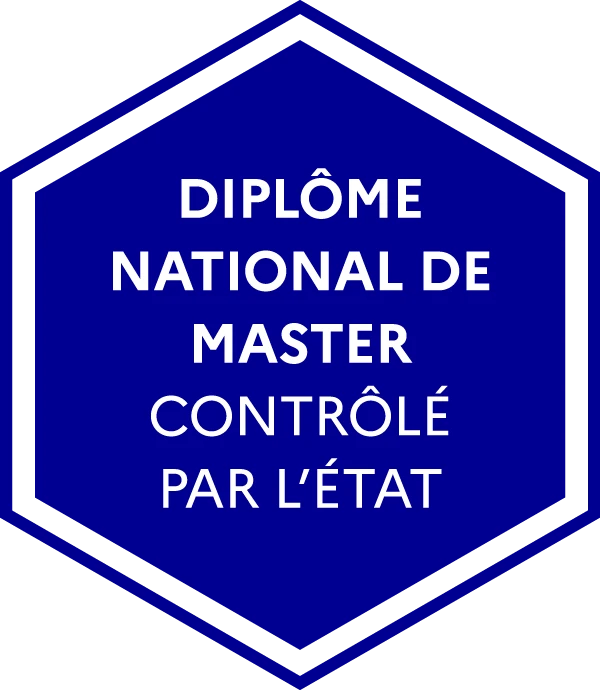

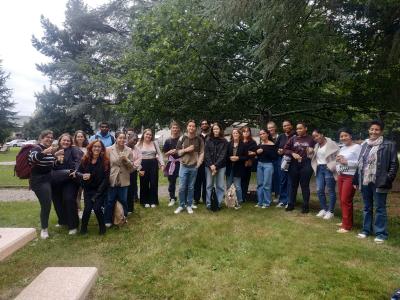
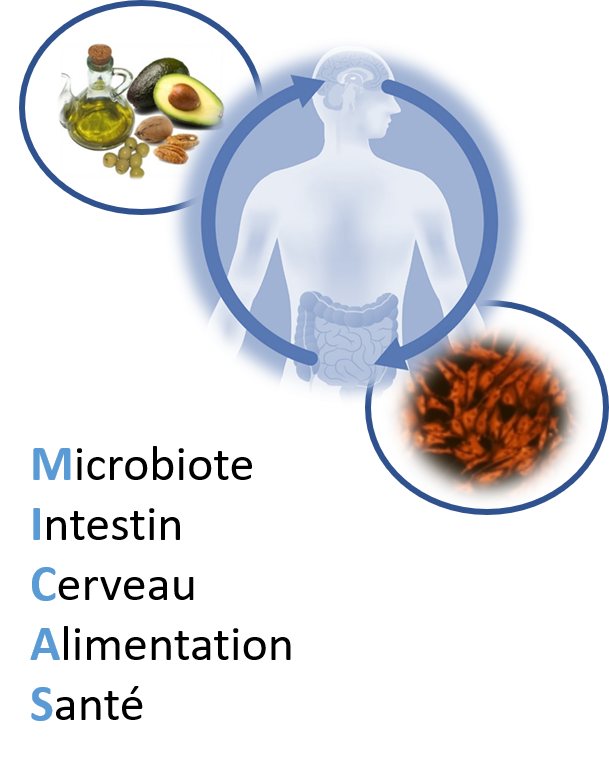
The corresponding pathological mechanisms are involved in chronic neurological, inflammatory and metabolic diseases.
The GP MICAS studies the functioning and intestine deregulations, annex organs and the brain, impacted by the microbiota and diet.
The GP MICAS also emphasises preventive nutrition and the concept of the developmental origins of health and disease (DoHAD) as levers to preserve the proper functioning of these organs.
This teaching and research programme is based on the recognised clinical and scientific expertise of the research units in Nantes.
This expertise concerns the following fields: biomedical, neurobiology, microbiota, gastroenterology, metabolism, allergology and nutrition as well as bioinformatics and systems biology.
Year 1: From health and disease to the bench by mobilising different resources covering the latest scientific and methodological advances in the field.
Year 2: From the laboratory to health and disease - Pathophysiology, prevention and therapy, scientific and clinical evidence of the effects of diet and microbiota on health and disease.
During this year, an immersion in the professional field of interest of the student (industry by alternation or academic or industrial research laboratory) will be preserved (or offered).
The Master's programme will allow, depending on their professional project, (1) students graduating from M2 to enter the fields of activity related to food and health, (2) to pursue a doctorate and/or (3) for students from medical and paramedical training, to become aware of the issues of food and microbiota in medical care and practices.
Our Graduate Programmes rely on student trainings through basic and translational research.
GP MICAS scientific areas:
Bachelor’s degree in Life Sciences
Minimum level B2 in French (DELF or TCF) required for entry into the Master's programme
Application procedure for the 2026-27 academic year :
If you are a French national or a citizen of the European Economic Area + Switzerland, Monaco and Andorra: to find out when the platform opens and closes, and to submit your application, go to the Master's application page.
You are a citizen of a country outside the European Economic Area + Switzerland, Monaco and Andorra :
For further information, please consult our Admission to Nantes University page.
Additional information :
Welcome grant: Graduate programmes offer a €1,500 Welcome Scholarship for the best international students. Please prepare your application carefully to demonstrate your motivation for the programme.
Internship: You may complete your internship abroad, with our financial support depending on the host country and the length of your internship. If you choose to do it in France, you will receive financial support of approximately €600 per month.
